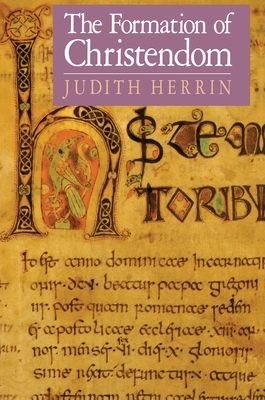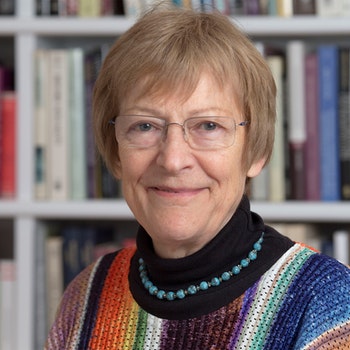

 Princeton University Press
Princeton University Press
The Formation of Christendom


Key Metrics
- Judith Herrin
- Princeton University Press
- Paperback
- 9780691008318
- 9.22 X 6.06 X 1.07 inches
- 1.67 pounds
- Religion > Christianity - History
- English
 Secure Transaction
Secure TransactionBook Description
In a lucid history of what used to be termed the Dark Ages, Judith Herrin outlines the origins of Europe from the end of late antiquity to the coronation of Charlemagne. She shows that the clash between nascent Islam and stubburn Byzantium was the central contest that allowed Europe to develop, and she thereby places the rise of the West in its true Mediterranean context. Her inquiry centers on the notion of Christendom. Instead of taking medieval beliefs for granted or separating theology from politics, she treats the faith as a material force. In a path-breaking account of the arguments over Christian doctrine, she shows how the northern sphere of the Roman world divided into two distinct and self-conscious imperial units, as the Arabs swept through the southern regions.
One of the most interesting strands of the author's argument concerns religious art and iconoclasm. Her book shows how the impact of Islam's Judaic ban on graven images precipitated both the iconoclast crisis in Constantinople and the West's unique commitment to pictorial narrative, as justified by Pope Gregory the Great.
Author Bio
Judith Herrin is professor emeritus in the Department of Classics at King’s College London. Her books include Ravenna: Capital of Empire, Crucible of Europe; Byzantium: The Surprising Life of a Medieval Empire; Margins and Metropolis: Authority across the Byzantine Empire; and Unrivalled Influence: Women and Empire in Byzantium
Herrin worked as an archaeologist with the British School at Athens and on the site of Kalenderhane Mosque in Istanbul as a Dumbarton Oaks fellow.[5] Between 1991 and 1995, she was Stanley J. Seeger Professor in Byzantine History, Princeton University.[6] She was appointed Professor of Late Antique and Byzantine Studies at King's College London (KCL) in 1995, and was Head of the Center for Hellenic Studies at KCL.[4] She retired from the post in 2008, becoming Professor Emeritus.[4] She was president of the International Congress of Byzantine Studies in 2011
Research interests
- Byzantine archaeology and other fields including women in Byzantium and Byzantium in relation to Islam and the West.
Source: Princeton University Press and King's College, London
Videos
No Videos
Community reviews
Write a ReviewNo Community reviews